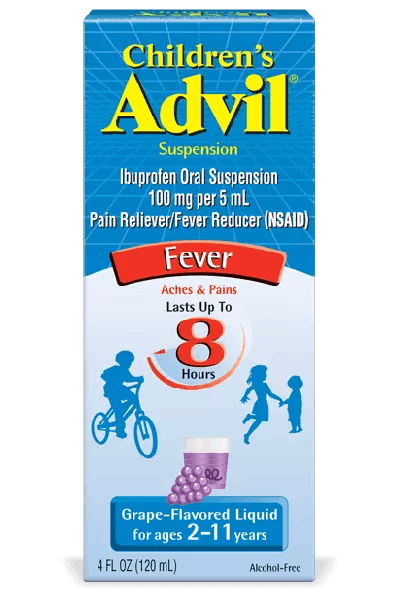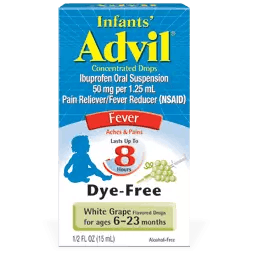Teething is a natural part of growing up. Unfortunately for many children, it can be an uncomfortable and even painful experience.
Here are some tips to help you take control of your child’s discomfort.
Know the effects of teething:
- Teething can cause a number of symptoms such as low-grade fever (not above 100°F), swollen gums, irritability and crying.
You should call your doctor if your child develops these signs:
- Fever greater than 100°F.
- Diarrhea.
- Difficulty sleeping.
Take preventative steps:
- Make sure you wipe your child’s face with a soft cloth. This will remove excess drool that results from teething and will help prevent rashes.
- Give your child a chilled (not frozen) teething ring to chew on. Make sure it cannot entirely fit into his or her mouth or be separated or broken into smaller pieces and swallowed.
Take care of teething pain:
- To help your baby’s discomfort, try gently rubbing or massaging the gums with one of your fingers.
- When your child is experiencing pain or discomfort from the effects of teething, try giving him or her Infants’ Advil, which can relieve the low-grade fever and pain he or she may develop with teething.








